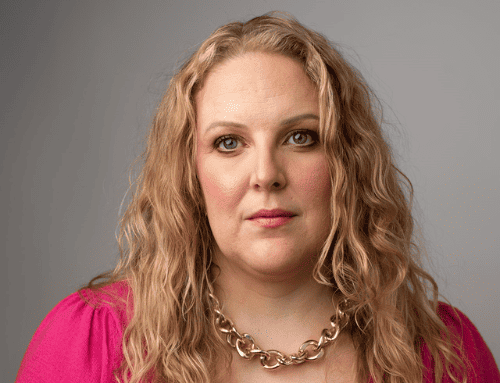
Every year, we talk about the statistics (rates of sexualized violence are nearly 4 times greater in Yukon than the provincial average), we talk about the offenders (more than 85% of offenders of sexualized violence are male), we talk about the unique Yukon realities (women are often sexually assaulted when they are sleeping or passed out), and we talk about how the community needs to step up to end this injustice. Still. Argh.
And every year, inevitably, a keen reporter asks women’s organizations why we haven’t changed this reality, to which I, inevitably, respond with an exasperated sigh, for if I knew the answer to this question, not only would I be a national (s)hero and my expertise wouldn’t be needed anymore because the issue would be solved!
Sexualized violence, like all violence, is rooted in a desire for power and control. One person (statistically most often male-identified) is exerting their power over another person (statistically most often a woman-identified). It is a deliberate choice, premised in that power imbalance.
So to prevent this violence, we need to take a step back, before the violence occurs.
When we think about any sexualized situations (even consensual sex), we know that power is manifested in the hierarchy of pleasure. From a young age, we are all taught that an uncontrollable male sexual desire and pleasure is not only omnipresent and completely normal, but an expected part of teen male behaviour. But what troubles me most is how we are taught that male sexual pleasure is fundamentally more important than female sexual pleasure.
This is manifested and reinforced in the pornography industry, but also in numerous more banal ways, including romantic comedies, inappropriate jokes, and gaping chasms in sexual education. (When was the last time a teacher talked about the female orgasm? Or parents taught their daughters correct names for everything between their naval and their knees?)
Peggy Orenstein, the author of “Girls and Sex”, did a comprehensive research project talking to 70 young women between the ages of 15 and 20 about their sexual activity. According to Orenstein, girls hear that "they're supposed to be sexy, they're supposed to perform sexually for boys, but that their sexual pleasure is unspoken."
So young girls and women are taught, explicitly or not, that our pleasure is anywhere from unnecessary, unimportant, or disgusting. We are taught that we are “supposed” to please men, but not necessarily expect to experience pleasure or have any desires of our own met.
How do we disrupt this power exercise? How do we shift this accepted dynamic of inequality?
Orenstein suggested there is evidence that talking about the joys of sex will increase what she calls “intimate justice”.
So this year in the Yukon, we at the Victoria Faulkner Women’s Centre took a page from Orenstein’s book, and decided to talk about consent – how to ask for it, how to talk about it, and what it looks like. Our theory was two-fold:
First, that by placing women as more than a bystander in their sex life, we could (slowly) shift the power dynamics that allow sexualized violence to continue unchecked, normalized, and ultimately, dismissed. We want to shift the narrative of the woman as an object to fulfill another person’s pleasure. We want women to feel that their boundaries around sexualized activity are respected.
Second, and more importantly, our goal in this campaign was that we could make space for men to join the conversation about how to proactively get consent, which would also help them recognize when they had failed to obtain enthusiastic consent in the past. Finally, equipped with this knowledge, they could have the tools to get consent themselves, and also call on their peers to do the same.
Ending sexualized violence will not happen this month, this year, or perhaps not even in this lifetime. But by equipping young women and girls with an understanding of their right to say “hell no!” or “fuck yes!” might begin the quest for intimate justice and the cultural shift that is long overdue.
Learn More
- Take the pledge to join GEN1 and help build the first generation free of violence against women and girls.
- Sign up for our e-newsletter to have our latest stories and resources sent to your inbox.
- Follow us on Facebook and Twitter to join a national conversation on ending violence.







